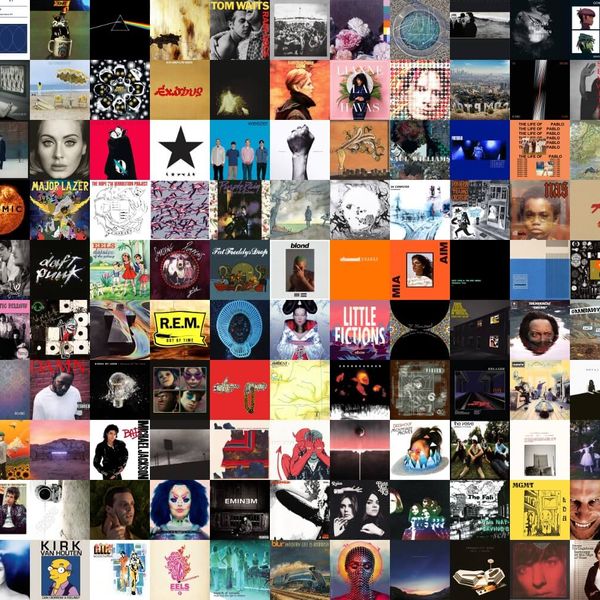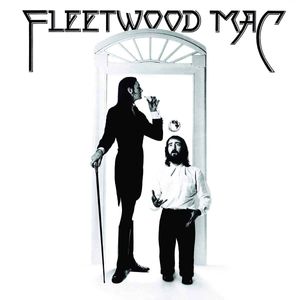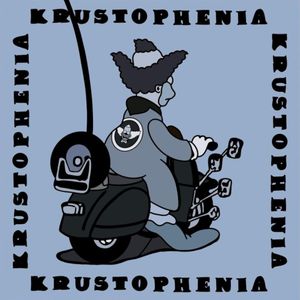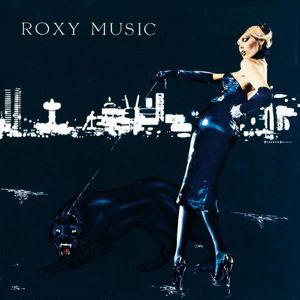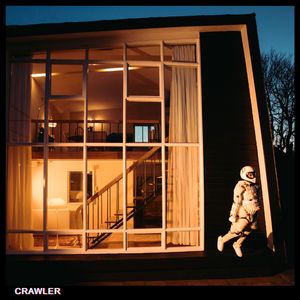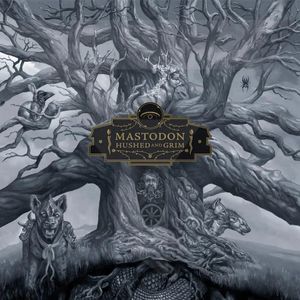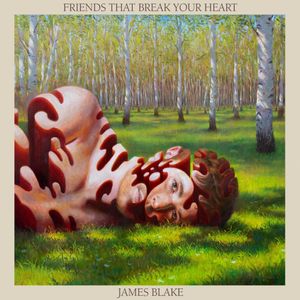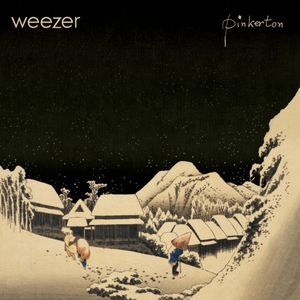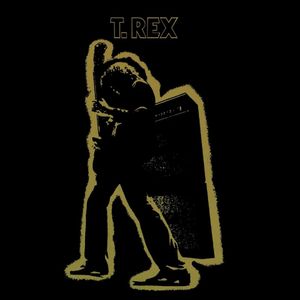Our 10 favourite albums of the 2010s
The end of the 2010s is upon us, and you know what that means. Yes, as a music review site we are bound by obscure 16th century law to rank our favourite albums of the decade. So here they are, in all their glory. It wasn’t easy, but no arbitrary list worth making ever is. All kidding aside, there’s some absolutely stonking music here. It’s been a joy, and we can’t wait to hear what the 2020s have in store.
10. James Blake // James Blake
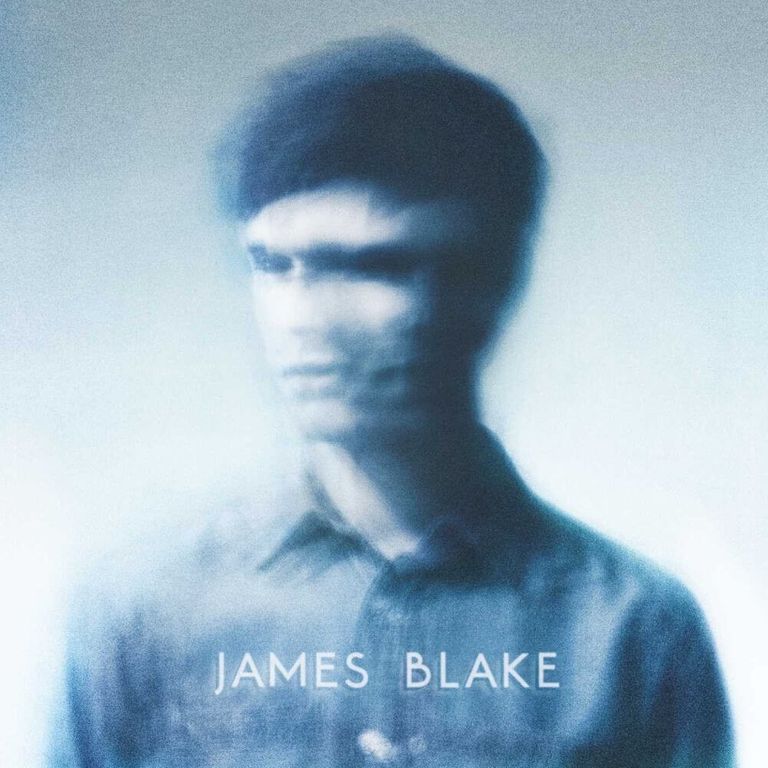
Andrew
James Blake has had quite the decade. Releasing his debut album in 2011, he’s since gone on to collaborate and produce alongside some of the decades finest musicians, lending his post-dubstep sound to hip-hop, R&B, and film.
His debut set out much of what we’ve heard since: sub-soaked, synth-lead, soulful electronica. With standout tracks like “The Wilhelm Scream” and “Limit To Your Love”, the sound still enamours me to Blake and his decade of output, seating him firmly in my list of favourites.
Whether you find his music euphoric or unaffecting, or maybe you think he’s just a ‘sad boy’, it’s hard to deny the part James Blake has played in music this decade. His debut album still sounds terrific and enters my regular rotation frequently, and I have no doubt it will continue to into the future.
9. Cosmogramma // Flying Lotus
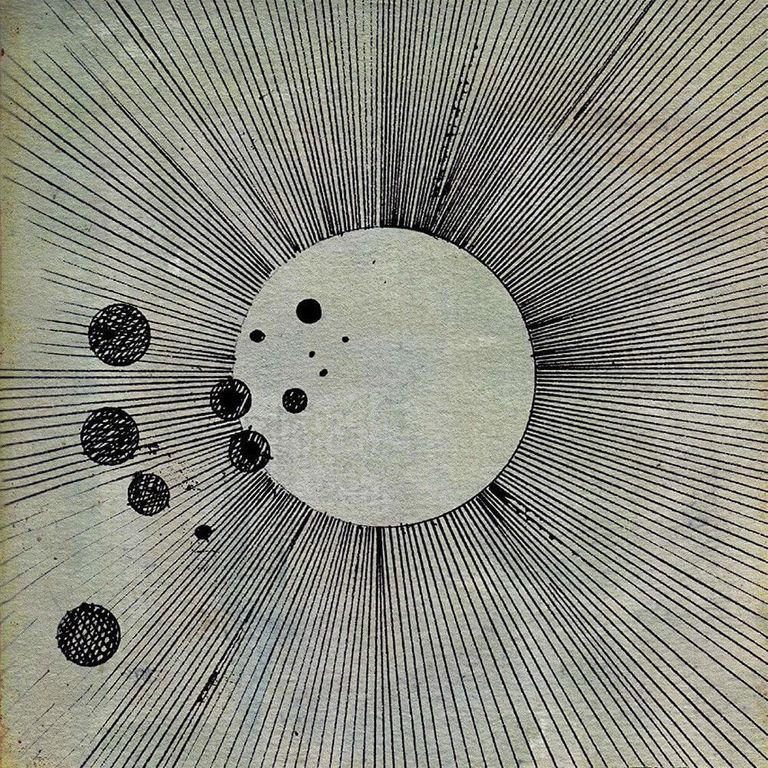
André
2010’s Cosmogramma is one of modern music’s most satisfying mutations. Electronica and jazz come together to form a sound that has become distinctly that of Flying Lotus. Though 2008’s Los Angeles was a fine record (one that flirted with the particles and details of hip-hop rather than jazz), it was the proceeding decade that would confirm Steve Ellison as one of the greatest working artists of his kind. It’s impossible to choose a standout moment on Cosmogramma, such is the quality of its construction. It was conceived as a single driving motion that thrives on intricacies, and of course benefits from merciless commitment to an overriding vision. A passion project that pays tribute to Ellison’s jazz heroes – including his aunt Alice Coltrane – with sheer style and scintillating confidence. Sure, it can prove to be a challenging affair at times, but let’s face it, the majority of the great jazz works always are, and Cosmogramma has certainly joined that illustrious bracket. It remains the most varied, complex and stunning work that Flying Lotus has released to date. It comes highly recommended to anyone with a remote interest in jazz, electronic or experimental music.
Read our full review of Cosmogramma →
8. A Moon Shaped Pool // Radiohead
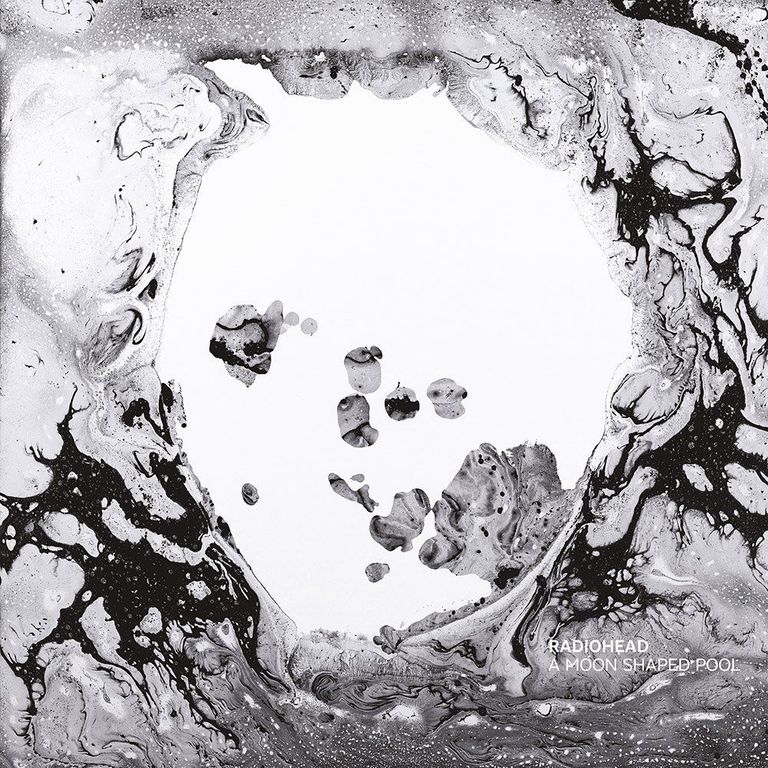
André
I liked A Moon Shaped Pool very much upon its release. I’ve since grown to love it rather dearly. Radiohead’s ninth studio album has aged like fine wine, and has unsurprisingly developed into a fan favourite. The general consensus is that it’s a great record; not as masterful as OK Computer, as innovative as Kid A, or as outright inspirational as In Rainbows, but rather brilliant regardless.
Following the slightly sterile and robotic nature of The King of Limbs, A Moon Shaped Pool was an immensely satisfying reversal. After the mischievously deceiving opener that is “Burn the Witch”, Radiohead turn to lush and ethereal arrangements that enhance the mournful tone of Thom Yorke’s lyrics. ‘Sweet Darling, have you had enough of me?’ he asks on “Decks Dark”, before turning to desperation and pleading on the long-awaited studio version of “True Love Waits”. Jonny Greenwood’s orchestral arrangements are a huge highlight, most notably the surreal conclusion to “Tinker Tailor Soldier Sailor”, one of many moments that traces back to his film work for Paul Thomas Anderson. A bunch of students, no more, 30 years after their formation, the members of Radiohead have become experts of multiple fields. Only recently has Ed O’Brien released his debut solo effort, which is dripping in the atmosphere that comprises A Moon Shaped Pool.
When bands begin to reach their latter years, the quality tends to drop, sometimes rather dramatically. It’s an absolute credit to Radiohead’s excellence that they are still capable of releasing a record of this capacity, and does no harm whatsoever to their long-lasting legacy. This isn’t the norm – bands aren’t supposed to be producing such stirring and diverse music after such a lengthy time together. Just further proof, if needed, that these gents are a once-in-a-generation group. And to think, there’s still more to come…
Read our full review of A Moon Shaped Pool →
7. Let England Shake // PJ Harvey
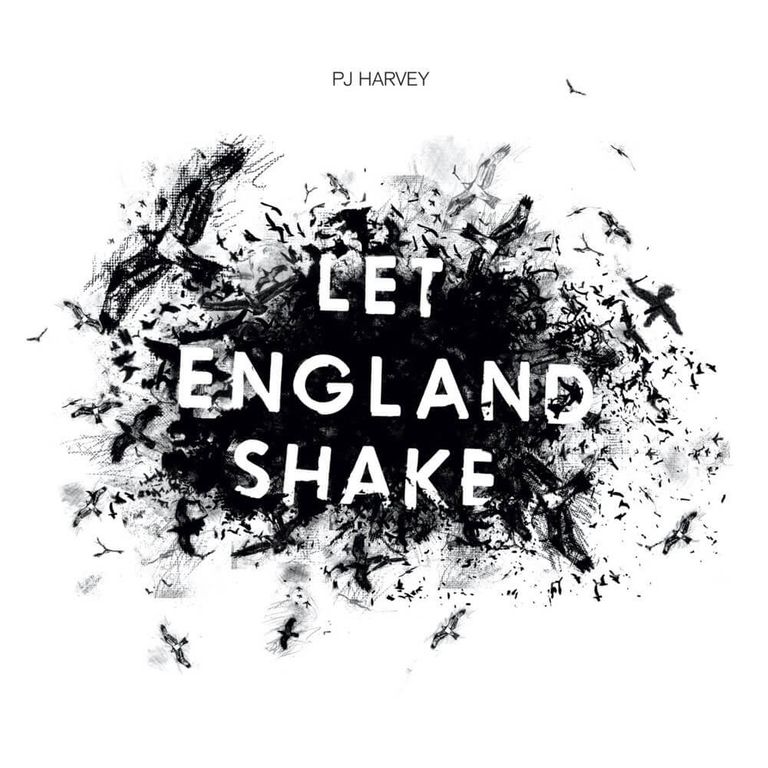
André
It feels like an age since Let England Shake was released. Unfortunately, the political and social landscape hasn’t much changed since 2011, making PJ Harvey’s eighth studio album more prominent and relevant as ever. Given the current climate, you’d think there’d be more in the way of protest records, but strangely enough Let England Shake stands as a unique and isolated release. The level of focus and stirring passion displayed on the album is unmatched. In our recent review, Fred described PJ Harvey’s vocal performance as ‘a Siren in the mist’, which is an utterly splendid depiction. The sultry and coarse days of the ’90s are over; here, she sounds like an oracle, spreading wisdom to those willing to listen. She still has the tunes to match, too: “The Words That Maketh Murder”, “The Glorious Land” and the brilliant title track rank amongst her finest moments. Bluesy alternative rock has made way for remarkable songs of demonstration, asking questions of the Western leaders who are responsible for such unrest. This is PJ Harvey 2.0, and it’s a beautiful thing.
Read our full review of Let England Shake →
6. Blackstar // David Bowie
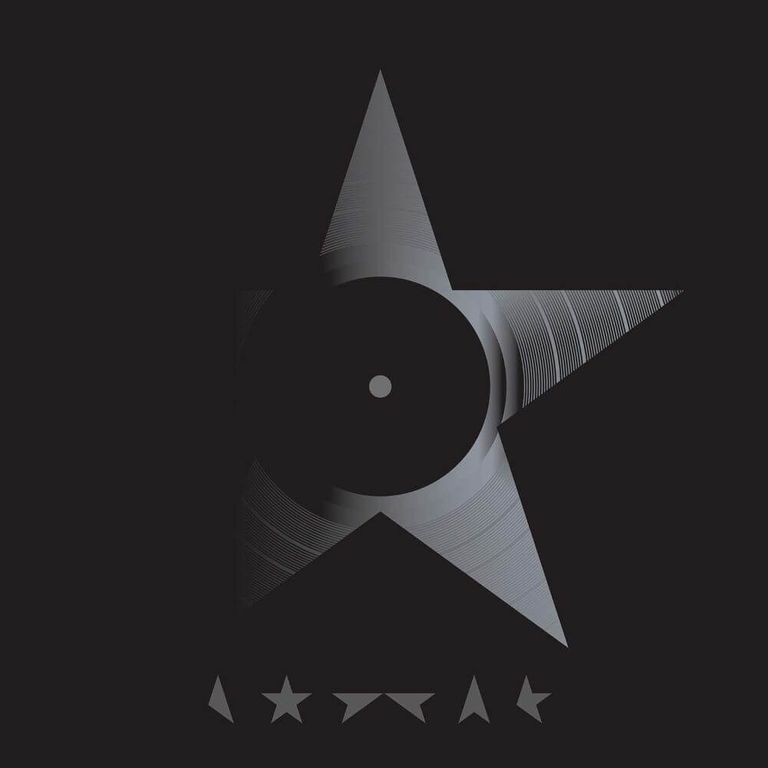
Fred
As goodbyes go, Blackstar couldn’t have done much better. David Bowie’s swan song was not just a fitting send off, it was a brilliant album in its own right. Striding forward from the shadows of Tony Visconti’s production, Bowie gave us one last show, showing all the audacity, courage, and vision that made him one of the world’s most beloved artists. Jazz meets rock and spoken word performance to produce something really quite haunting.
Although there are nods to the early days, Blackstar was no nostalgia trip. It looked death in the eye and opted danced in the void, looking ahead to the last. The sounds aren’t terribly cheerful, but the act itself is incredibly life affirming. Love, make, live, before it’s too late. You might not be as good as David Bowie – in fact, you definitely won’t – but how can you be sure if you don’t try?
Read our full review of Blackstar →
5. Channel Orange // Frank Ocean
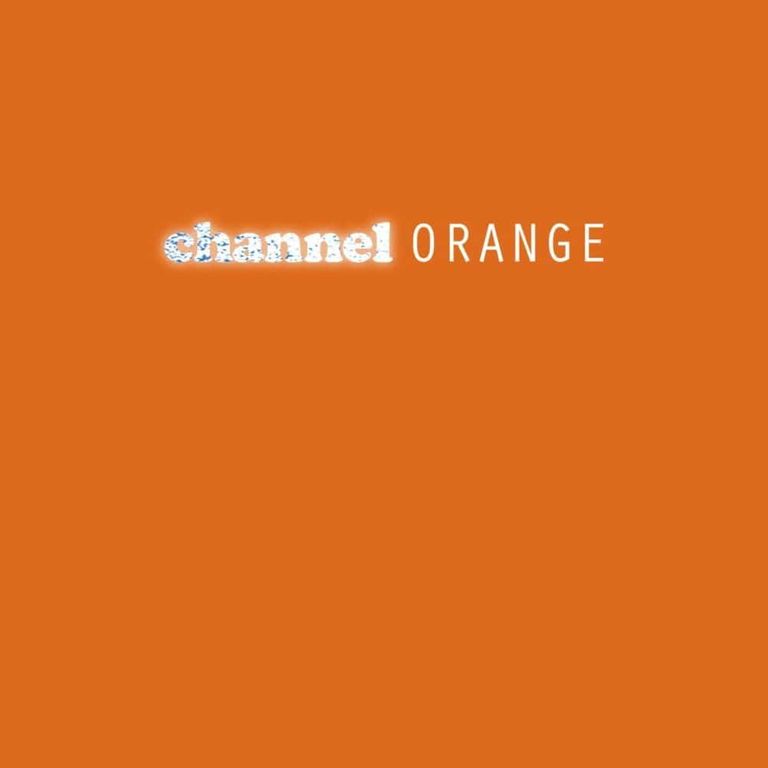
Marcus
To say that Channel Orange was a game-changing moment in RnB and soul would be anything but original, but it bears mentioning all the same. Frank Ocean’s narrative-heavy approach to Channel Orange created an anthology of heartfelt explorations of love, sexuality, and the liberty of summertime, and Malay’s colourful production does an impeccable job of establishing a clear sense of time and place for each song. Its named features – Earl Sweatshirt, John Mayer, and Andre 3000 – each symbolise an element of Channel Orange’s wider identity, but this is always Ocean’s show. His vocals are tirelessly beautiful and effortless, punchy but featherlight, and their emotiveness breathe life and believability into the complex topics he wants to discuss.
The album, inspired by Ocean’s unrequited love for a man at 19, was groundbreaking – he was not the first openly gay or bisexual rapper, but his status in the industry delivered a tonic to the homophobia that has always, lamentably, been evident in RnB and hip hop. Unflinching and bold, Channel Orange raised the bar for songwriting and composition in electronic RnB that few have matched since. Seven years later, it still sounds fresh and unique – of a certain time but transcending it – and it has cemented Frank Ocean among the finest musicians of the age.
Read our full review of Channel Orange →
4. Good Kid, M.A.A.D City // Kendrick Lamar
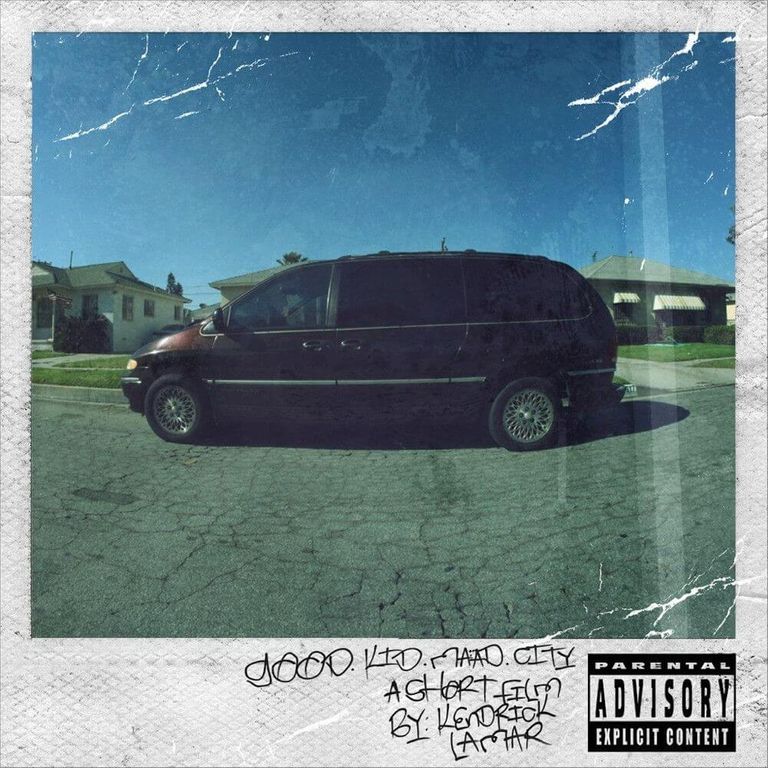
Marcus
Kendrick Lamar’s discography is a barrage of hit after hit but, for me, the question of his very best always comes down to good kid and Pimp. Where To Pimp a Butterfly explores Kendrick’s philosophy of, and relationship with, society and the black experience in modern America, good kid m.A.A.d city is considerably more focused on the man himself. Littered with recordings and anecdotal bars that chart a course from Kendrick’s youth to the rise of his star, good kid is a deeply personal and colourful exploration of the things that matter most to modernity’s finest rapper. His friends, his parents, Compton, his craft, his worldview and the things that sculpted it tussle for attention while immaculate instrumentation and production transports you to an approximation of the world he knows best. Of course, the foundations of this album are in the immense quality of Kendrick’s writing and the precision of his delivery. Exercises in verbal gymnastics are at the core of every track, his flow dancing through metaphors and puns that come so thick and fast you can scarcely keep up. Never short of new things to say or hooks to explore, the showboating is always of a performer laying everything bare rather than an ego seeking praise. This album solidified Kendrick’s spotlight and has come to define modern hip-hop in its dynamism, curiosity, intelligence and charm. He, unlike many, has never failed to live up to the bar he set here.
3. Visions of a Life // Wolf Alice
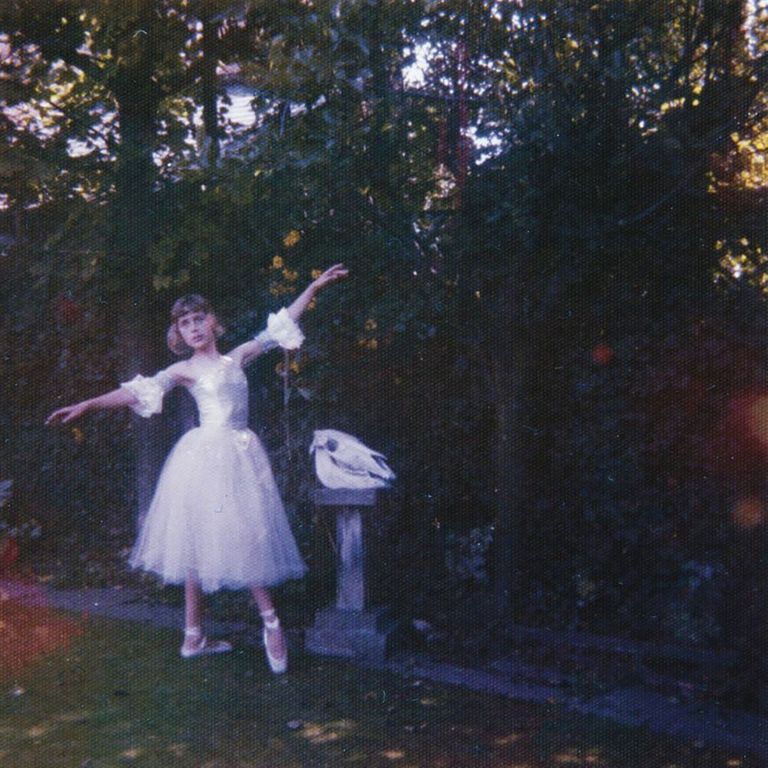
Fred
This was one of those wonderful occasions where everything that could have gone right did go right. We saw huge potential in Wolf Alice’s debut, My Love Is Cool, when we reviewed it in 2015, but I don’t think any of us thought they’d realise it so soon after. Everything about the album was a step up.
I think Visions of a Life is a seminal moment in modern British rock music. Suave, sexy, intimate, and ever so slightly deranged, the album took a tattered, threadbare genre and made it feel exciting again. Despite exploring a rather audacious range of sounds, the songs fit together perfectly, assured in their shared purpose. From rock epics to shoegaze daydreams, Visions of a Life goes all in, and the results are stunning.
The best thing about the record for me is the feeling that Wolf Alice has it in them to make something even better. Ellie Rowsell is a superb songwriter and frontwoman, and the band has formidable range. I wouldn’t bet against them going one better in the 2020s. And even if they don’t, we’ll always have this.
Read our full review of Visions of a Life →
2. To Pimp a Butterfly // Kendrick Lamar
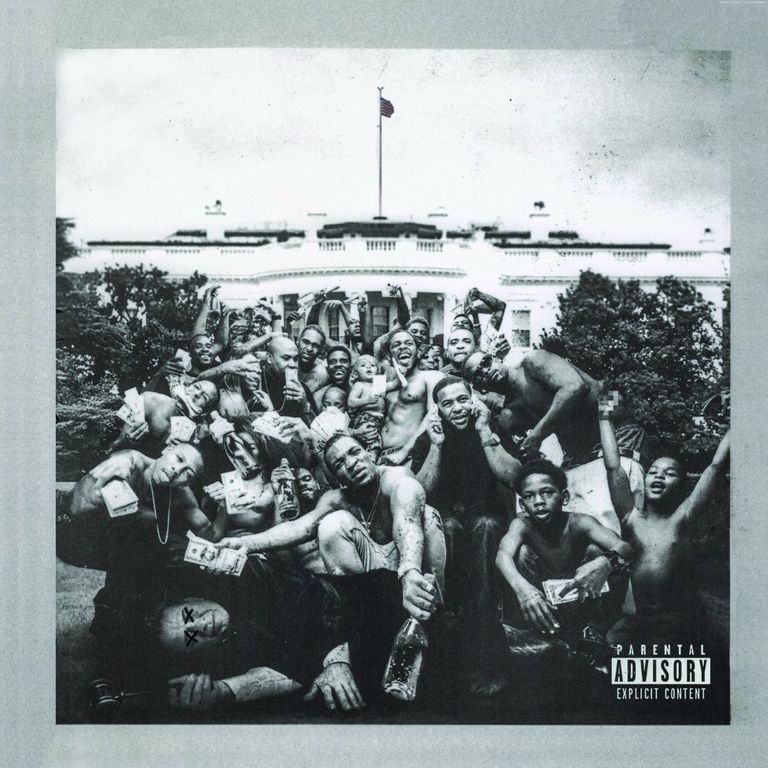
Fred
This was the first new release we ever reviewed on the site. Talk about setting false expectations. Of the 100+ contemporary albums we’ve done since I don’t think anything comes close to the grace, power, and heart of To Pimp a Butterfly. Beautifully written and immaculately produced, Kendrick Lamar and his collaborators made a statement that puts most State of the Union speeches to shame. And there’s a strong case to be made this is not even Lamar’s best album of the decade. How nuts is that?
I honestly feel unqualified to write this, not that I’m under any illusions as to the importance of my opinion. I just don’t have the words to do justice to how good the album is. The best I can do is refer back to my first impressions five years ago. There’s on anger on Pimp. There’s despair, isolation, things that hurt more than I can imagine to say, but that understand need to be heard. There is also pride, salvation, and love, and the love shines through. This was my personal pick for album of the decade, and if anything I expect its stature to grow in the coming years.
Read our full review of To Pimp a Butterfly →
1. …Like Clockwork // Queens of the Stone Age
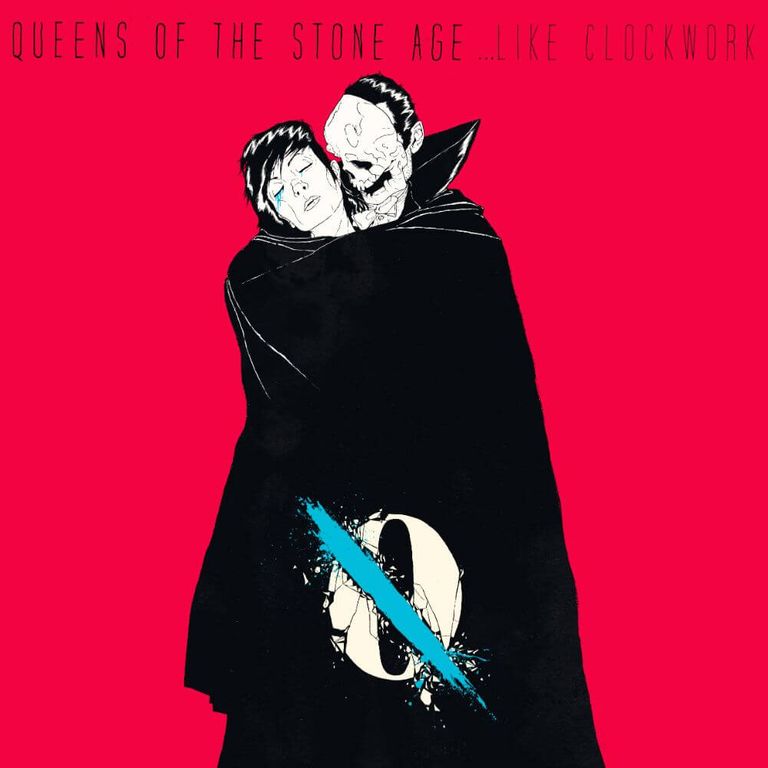
André
…Like Clockwork was a second lease of life for Queens of the Stone Age. Following on from a couple of patchy releases, the band returned with newfound nuance and cohesiveness. Joshua Homme has always relished collaborations – you only have to look at the Dessert Sessions project, which he brands ‘the longest-running mixtape in existence’, to see that – and …Like Clockwork has a highly diverse, all-star cast. There are some familiar faces, with Dave Grohl and Nick Oliveri recalling the Songs for the Deaf era, and friendly acquaintances in the form of Alex Turner and Trent Reznor. More surprisingly, however, are the features of Jake Shears and Sir Elton John. Homme has always had an ear for a classic pop tune, and it’s no surprise that …Like Clockwork is the most melodically pleasing record QOTSA have ever released. It doesn’t have the intense, thundering highs of their early albums. Instead, it provides added depth, grace, and the potential for serious emotional impact. Coming after a six-year hiatus, the record feels like a rebirth. Homme’s songwriting is focused, whilst still retaining the magic that made the music so alluring to begin with. This is where he truly captured the original mission statement for the band: ‘to make something that girls could dance to, that had a freedom that Kyuss didn’t’.
QOTSA have always been a well-loved band, and their following has only grown since their debut. Still, despite the relatively significant success of Rated R and SftD, it seemed as though the band were rarely treated seriously enough, at least in the cliquey alternative music scene. I think …Like Clockwork is the record that truly earned the respect of critics. From dusty stoner rock, to moving piano ballads. The sensational, utterly breathtaking climax of “I Appear Missing” is symbolic of such evolution. This is the album that cemented their place as one of the finest rock bands of the generation.
Fred
I’ll be honest, I was surprised to see this come out on top. We all love …Like Clockwork, but the best of the decade? You know what, though, the more I’ve thought about it the more it makes sense. Sure, it doesn’t have the gravitas of To Pimp a Butterfly, or the poignency of Blackstar, or the ambition of Visions of a Life. And yet, I can’t point to a chink in its armour.
The dirt is there, the polish is there, the songwriting is superb, the production is perfect, and for shits and giggles every other rock star under the sun seems to make an appearance. There are few albums I enjoyed listening to and reviewing more than this one. Homme and the gang get everything just right. If rock and roll had a final form, it would probably sound a lot like …Like Clockwork.
Marcus
Six years and countless plays later, …Like Clockwork still astonishes me with its depth. This brief diversion in Queens of the Stone Age’s discography – a shift towards something gentler but more macabre – has an inherent gloominess to go with its bursts of energy and soulful lyricism. Its mystery is engrossing, from the twisted melody of “Keep Your Eyes Peeled” to the sombre piano notes of the closing ballad. Each track finds a new, haunted outlaw at some stage of their lives; heartbroken, seeking divinity, self-destructive, driven mad, yet all full of a distinct sense of vitality. Homme’s languid delivery empowers deft lyricism and endlessly clever wordplay, carrying such heart as to always feel genuine, and the accompaniments are relentlessly feral and alert. The dynamism of each instrument is staggering and evident across every song, with immaculately timed shifts in momentum delivering distinct and focusing emotional punches to the life-affirming and crushing glimpses of these outlaws’ lives. …Like Clockwork’s wisdom and personality round out an album unlike anything else QotSA have released, tapping into a wealth of ideas and mastery that elevates every moment into something resonant and spiritual. It may have found a home at the pinnacle of few Decade of the Album lists but, for me, …Like Clockwork is surely one of the finest albums in modern music.
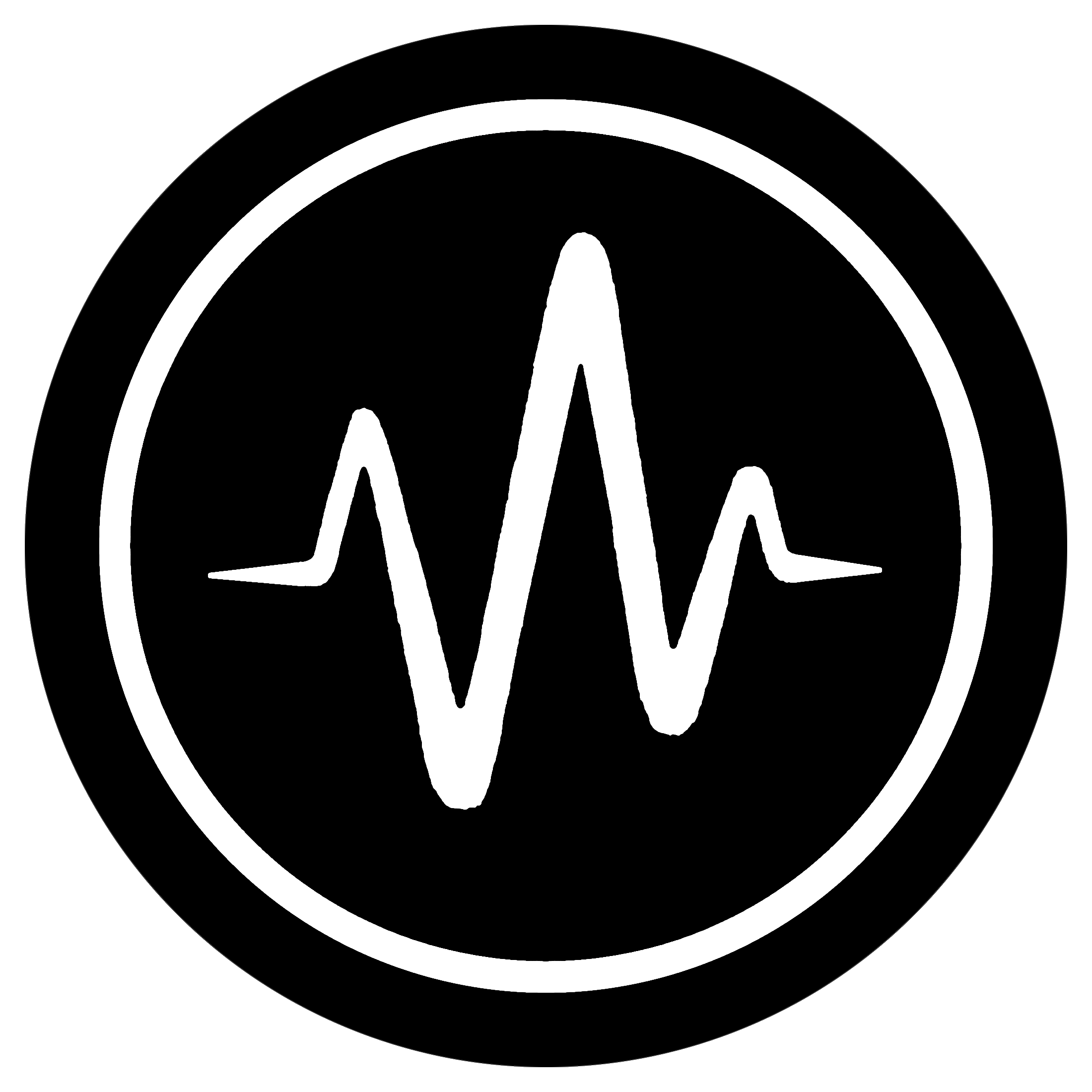
Related Posts
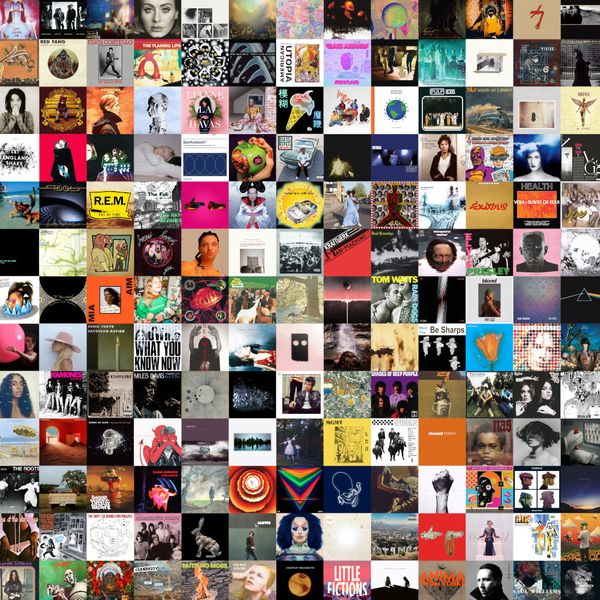
Statsioxide: our first 250 reviews in numbers
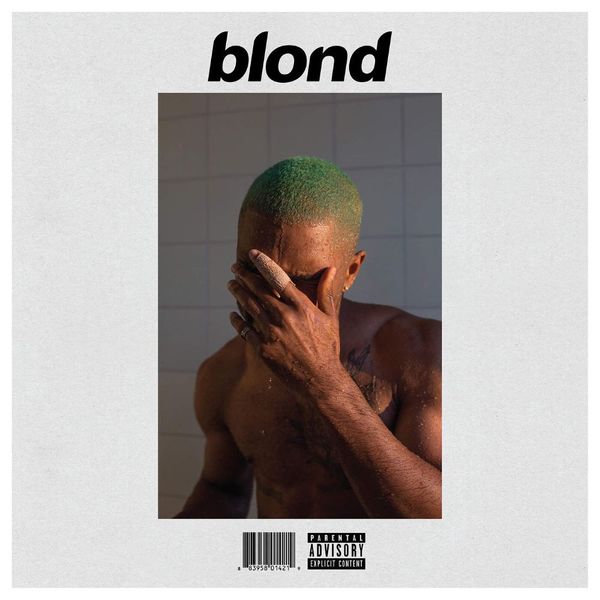
Blond // Frank Ocean

Our 10 favourite singles of the 2010s
